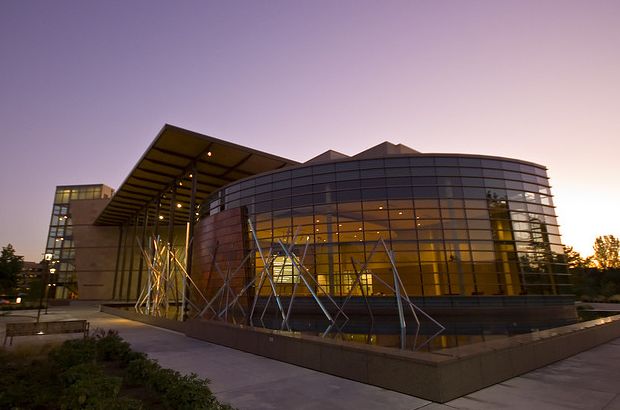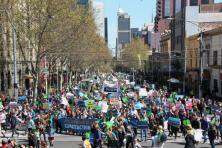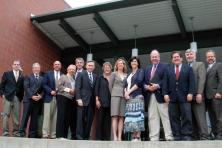Redmond, WA elected officials are walking the clean energy talk.
In 2014, the City Council adopted a sustainability-themed comprehensive plan, subsequently passed a Climate Action Implementation Plan, and formally signed the King County Cities-Climate Collaboration (K4C) joint city-county climate commitments.
Wasting no time, that winter the City Council adopted a biennial budget that allocated $820,000 to reduce the City's operational energy consumption and carbon footprint.
Across the U.S., city officials and staff frequently struggle to fund climate plans. What’s different in Redmond?
“Persistence pays off,” says Cathy Beam, principal planner and an architect of the staff-led budget request. “This represents an accumulation of activities over time.”
Since 2008, Beam has reported the city’s annual energy costs and associated carbon emissions based on utility and transportation fuel bills to the City Council.
The results were clear. Redmond was not meeting the performance measures of no overall increase in carbon emissions and energy consumption in 2013, and a one-percent reduction of carbon and energy use in 2014, which the Council had set in its 2013/2014 operating budget. Moreover, the City was spending over $2 million annually for operational use of electricity, natural gas, gasoline, and diesel.
As a result, Beam says, councilmembers were motivated to fund the City’s climate plan commitments. Near-term projects include:
- A revolving energy fund (REF) of $300,000 to support energy efficiency and clean energy investments in municipal operations. Qualified applicants can borrow money from the REF and repay the loan back over time, without tapping into the city’s capital budget.
- Lighting retrofits at Hartman Park ($170,000) and Edge Skate Park ($10,000), and retrofits of city streetlights ($150,000).
- A smart building project ($75,000), in conjunction with Redmond-based Microsoft, similar to pilots that Seattle and King County have launched in recent years.
- Further energy consulting ($50,000) to help the City identify the top-priority facilities for improvement.
The City anticipates finishing two projects before the end of the year:
- Installation of solar panels on City Hall with a meter in the lobby for public education ($25,000 for solar plus $40,000 that the City won as a result of Puget Sound Energy’s Green Power Challenge).
- Four Level-2 electric vehicle (EV) charging stations that the City will install on property it owns or controls ($40,000).
Redmond leaders plan to get the city’s energy house in order before considering programs and policies that involve bolder community action, so the funding will come primarily from the City’s capital improvement program, and all projects will focus on city operations.
The City does have a green building incentive program that encourages green roofs, low-impact development, and EV charging infrastructure, and the Climate Action Implementation Plan outlines other potential community-wide actions, but this funding is all city operations-focused.
Redmond officials want to lead by example, and as the City’s recent resolution passing the climate plan states, this work is about “accountability, integrity, and commitment to service,” a frame that has clearly helped Redmond staff to make the case for significant capital investment in efficiency and clean energy.





